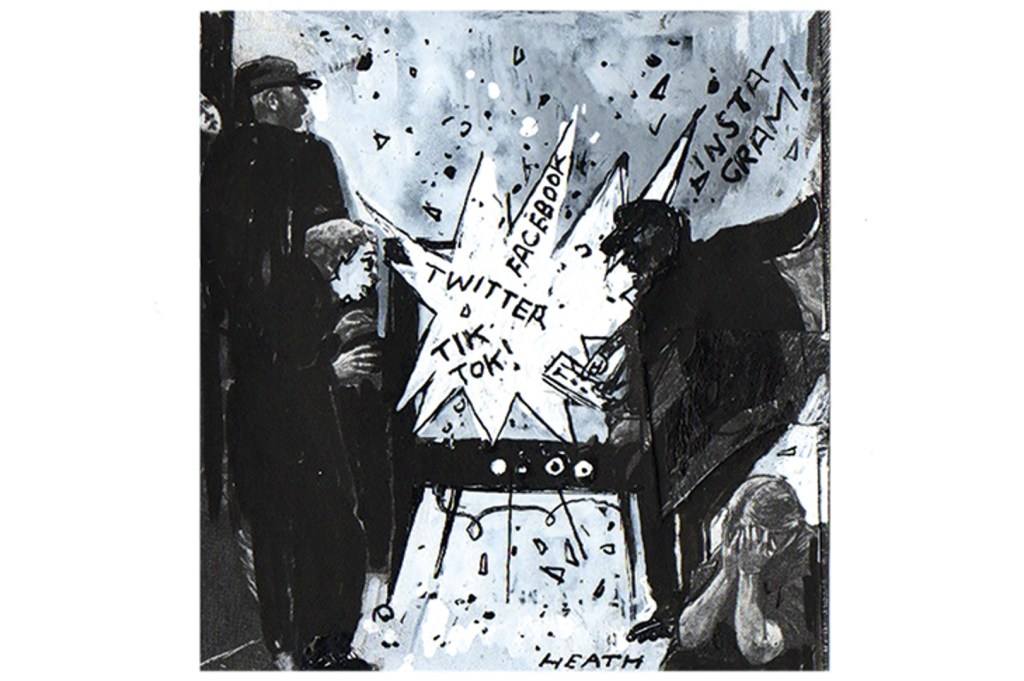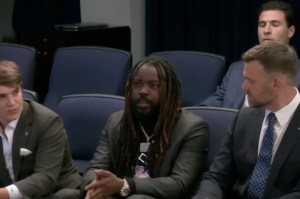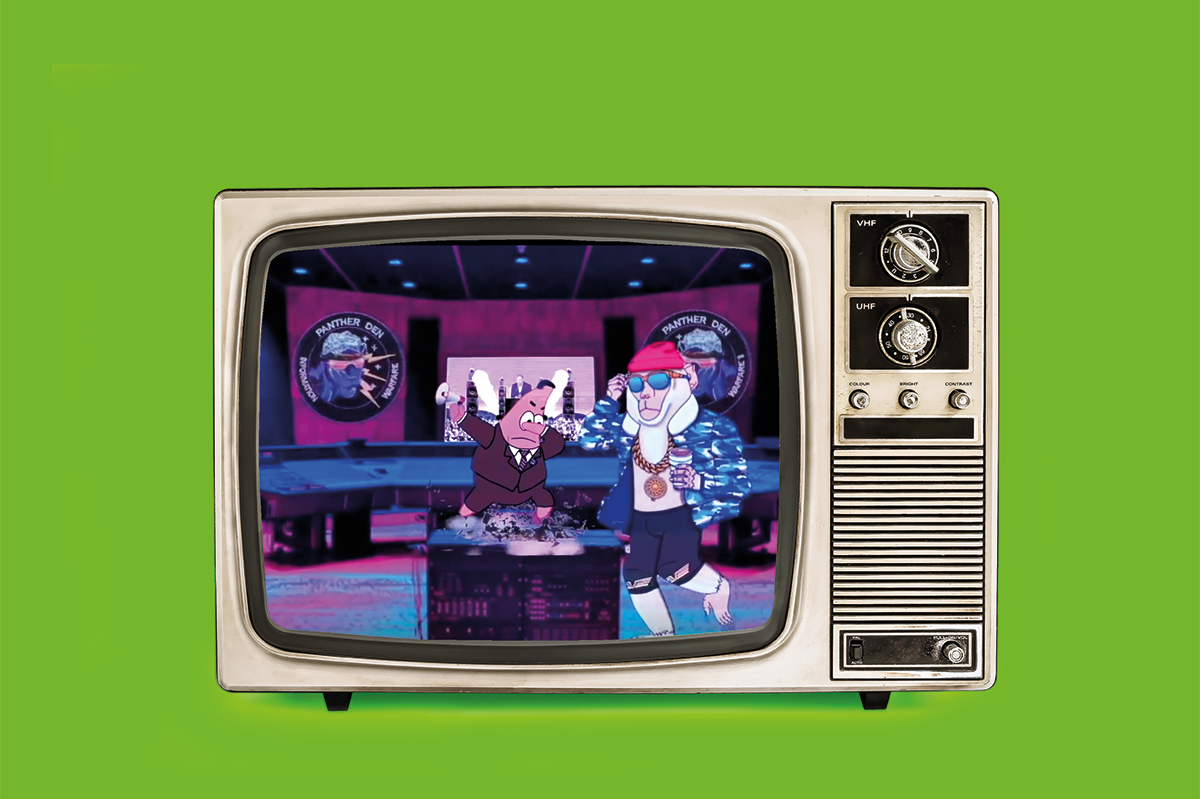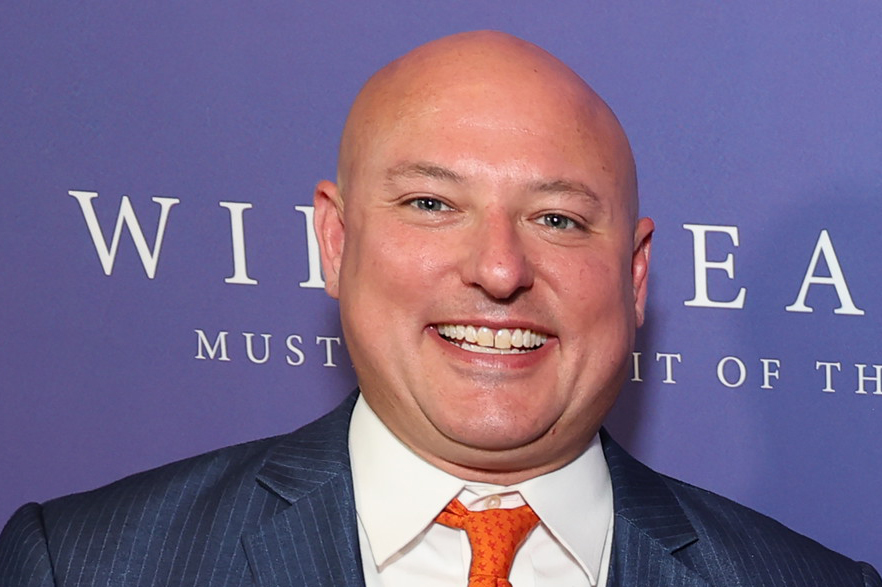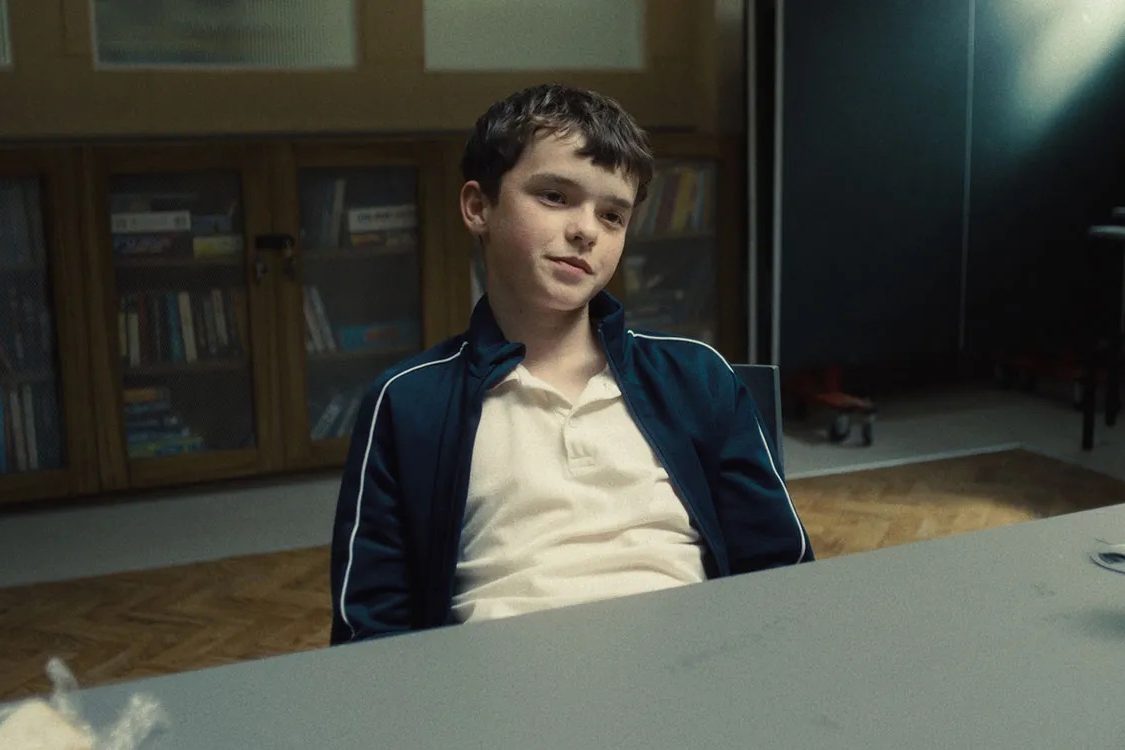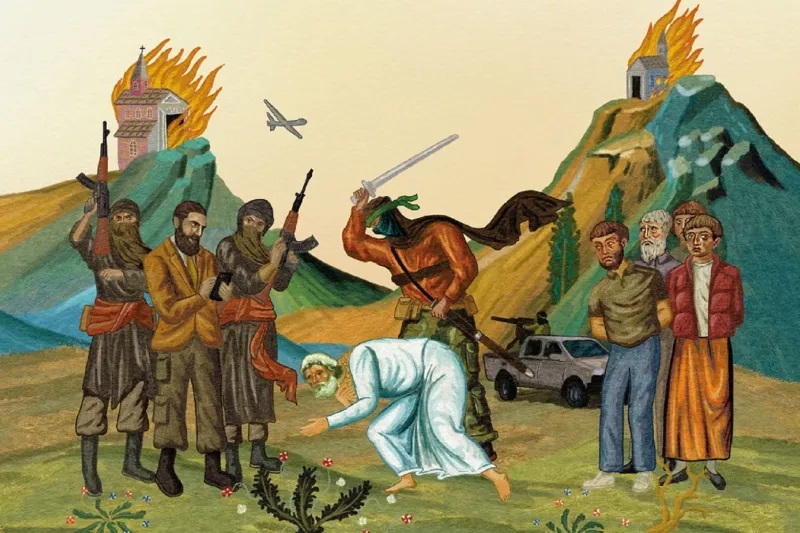Something troubling is happening on TikTok. The video sharing app is sometimes dismissed as a place where young people go to while away the hours watching banal videos. But TikTok is more than just a quirky hobby for younger generations: it’s where many come to get their news. What’s more, during COVID it’s become a window into a world that is effectively shut. This makes the spread of fake news and misinformation on the app something that should alarm us all.
Last week, a TikTok video claiming that the United States was responsible for reducing Syria to rubble spread like wildfire around the app. The post — which received nearly two million ‘likes’ — shows a beautiful picture of Syria in 2010, captioned ‘Syria before America destroy it [sic]’, and a picture of rubble in 2020, ‘after America destroyed it’.

This, of course, is nonsense. While the US has carried out airstrikes in Syria, these have been focused on Syrian Army bases and chemical weapons facilities. And although the US has backed Kurdish forces in the region against Isis, the majority of the bloodshed has happened as a result of fighting between Assad’s forces, assisted by Russia, and rebels and jihadist militias. Last year, the Russian government was found guilty of committing war crimes by the UN for bombing civilian areas with no ‘specific military objective’: the precise crime that the TikTokers accused the US of.
But judging by the comments underneath the TikTok video, blaming America seems to be a more popular move. One of the most liked replies says that Obama ’caused more than half the damage’ in Syria, despite the fact that the former President famously declined to intervene in 2013 when Assad used chemical weapons on his own people in Damascus. It’s true that the failures of the Iraq war have caused immense reputational damage to Western foreign policy. Yet this unquestioned criticism of the US gives the actors more directly responsible for Syria’s turmoil, such as Assad, Isis and Putin, an easy ride.
Other comments express the favorite emotion of the zoomer: guilt. A reply of ‘oh my god, I had no idea it was this bad 🥺’ received 32,000 likes. In a political climate where expressing guilt and awareness of your privilege is the highest virtue, anything that bolsters the idea that the West is the greatest evil on earth is another gratifying opportunity to renounce your sins. This navel-gazing and self-flagellation at the expense of the truth will certainly go down well in Moscow and Beijing. As the philosopher John Gray has written:
‘America’s record of slavery and racism is all too real. Even so, passing over in silence the repression and enslavement of peoples outside the West — Tibetans, Uighurs and now Mongols in China, for example – because they cannot be condemned as crimes of white supremacy [or American belligerence] reveals a willfully parochial and self-absorbed outlook’.
As a 20-year-old, I’m slap bang in the middle of TikTok’s target group. Yet logging into the app feels like arriving in a foreign country. For all the silly videos that appear on there, in reality TikTok is acutely political. A friend who spends an hour a day on the app regularly comes across videos which appear to be propaganda for China, showcasing Chinese students exhibiting impressive memory feats, such as reciting long recurring numbers, along with videos that show China’s economic development in timelapses.
It’s not only misinformation that spreads either: right-wing tropes are also popular. And TikTok’s malign influence spans the whole political compass: IRA TikTok, misogynist TikTok, Nazi TikTok and anti-vax TikTok. The site had to remove over 300,000 videos for misinformation during the 2020 election, while one doctor has used the app to tackle fake news about COVID-19 proliferating online. TikTok says keeping users ‘safe’ is its ‘top priority’ and the app is at least addressing some of the issues: in February, TikTok began adding misinformation warnings to some videos but inevitably, as is the case with the Syria clip, material will filter through.
TikTok’s slogan is ‘Make your day’. Yet there are dangerous signs that the app is going the same way as other social media firms, where madness takes over and misinformation spreads easily.



